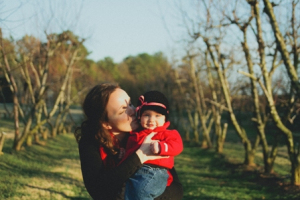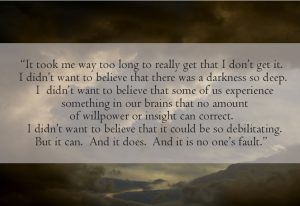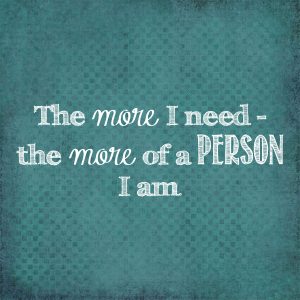same experience, different truths
When Matt and I were first married we had the chance to take a class together. I was getting my masters in counseling and he was studying for a masters in New Testament. I don’t remember now what the class was, but I do remember that we both enjoyed it and the professor was popular and sought after by students in both courses of study. As the final exam approached, Matt and I took our notes to the library to study together, and it was here that we discovered an unexpected phenomenon.
As Matt rehearsed what he noted as the most important themes and takeaways from the lectures, quizzing me on theological principles and ideas, I frantically flipped through my notes, often coming up empty. When I asked him about the topics I remembered as key, he questioned which lecture I was referring to and was I sure I’d written that down correctly? I can’t remember now if we got into a fight over it, but I do remember wondering how could two people could have sat through the same class, heard the same lectures, and yet had taken two such different sets of notes. I sat next to my husband every week in that class and yet we had two very different experiences of the same event.
In his book, How to Know a Person: The Art of Seeing Others Deeply and Being Deeply Seen, David Brooks explores this experience. He writes that “seeing” is not a passive process wherein one takes in static information. It is an active process of prediction and correction. We do not see reality, we see our own perception of reality based on our individual story, values, and expectations. This is true whether we are listening to a lecture and choosing what to write down and what to omit, and it is true when we are engaging with another person. Our brains are creative machines, making predictions and projections based on past experience, hopes and fears, and (hopefully) correcting and updating as new information rolls in.
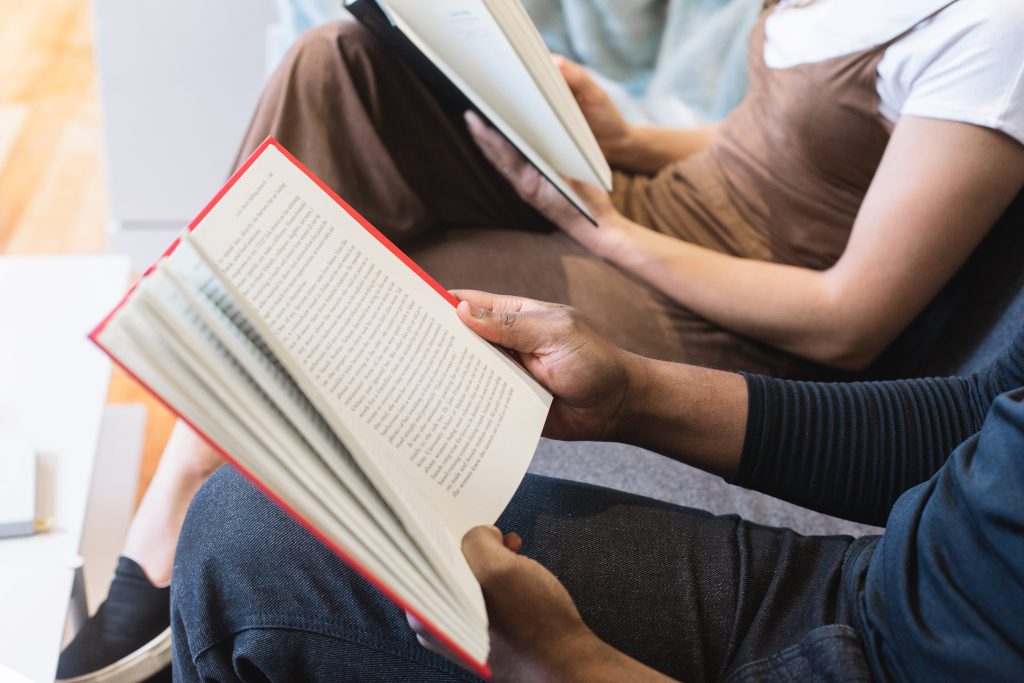
While our brains are generally reliable in this task in some areas, they are woefully vulnerable to misunderstanding in relationships. When we engage with other people, we are not looking at a “thing” we are looking at a person, created in the image of God. Brooks writes, “I want to receive you as an active creator. I want to understand how you construct your point of view. I want to ask you how you see things. I want you to teach me about the enduring energies of old events that shape how you see the world today.” Our stories and histories affect the way we interpret current events. It is common for two people to have two very different experiences of the same interaction. To one it’s a fight, to the other it’s an engaging discussion.
How often do we enter a conversation with this posture of curiosity and humility? I confess I’m much more likely to rely on my own experience and expectation than to stay open and hopeful to what I could learn from another. The problem is that I commit to a narrative about the other person then only take in the information that confirms my bias. When I expect a threat, I can usually find one, even in a neutral situation. When I’ve trained my brain to look for disappointment, I can usually find that, too.
I try to think back often to how differently Matt and I heard those same lectures 25 years ago. Knowing that he experiences things differently than I do reminds me to stay curious. Simple questions like, “what was that like for you?” or “what did you hear just then?” can help us track with another person and avoid damaging assumptions. As I seek to understand how he sees the world, I also uncover how I see it. Why did I pay attention here and not there? What part of my story led me to believe this and not that? Is there something important I could be missing?
In the end, the experience of that shared class continues to teach me that no two people ever experience the world in exactly the same way. Our perceptions are shaped by the stories we carry, and understanding another person requires the humility to set aside our assumptions and truly listen. When we choose curiosity over certainty, we open the door to deeper connection, not only with others, but with ourselves.
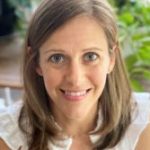 Caroline Chambers joined The Barnabas Center in 2020. She earned her undergraduate degree at Wake Forest University and a Master’s in Counseling at Gordon-Conwell Theological Seminary in Massachusetts in 2002. Since then, she’s worked with clients and families throughout the life span from early education to end-of-life issues and has recently taken additional coursework in counseling and theology at the Gordon-Conwell campus in Charlotte.
Caroline Chambers joined The Barnabas Center in 2020. She earned her undergraduate degree at Wake Forest University and a Master’s in Counseling at Gordon-Conwell Theological Seminary in Massachusetts in 2002. Since then, she’s worked with clients and families throughout the life span from early education to end-of-life issues and has recently taken additional coursework in counseling and theology at the Gordon-Conwell campus in Charlotte.
She lives with her husband, Matt, and their three children. Over the years, Caroline has been blessed by being part of many different faith communities, leading and participating in women’s Bible studies and Spiritual Formation groups. She also enjoys running, yoga, and a good novel.

